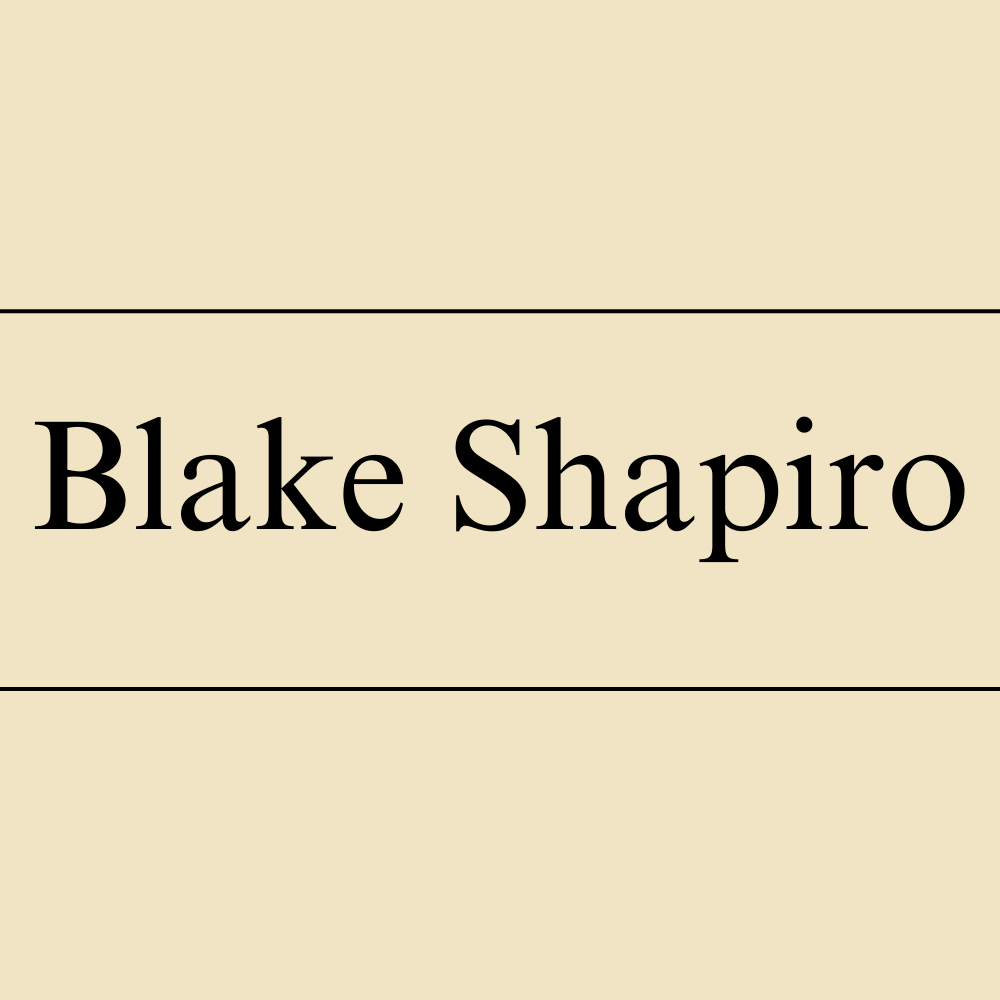'My heavenly favourite, I'll come straight out with it: I should have taken a paring knife and incised you like a sore in a claw horn...'
These are the opening lines of the novel I discuss below. They give a good sense of the novel. Possibly it is brilliant. It is also disturbing.
Welcome to Issue 8 of the 2PoundPaperback – it's an extra-length one today. Re the experiment in the last issue, I'm trying out a new format. This issue includes only the 'reading,' 'writing,' and 'question sections,' but expands the first two.
Reading:
My Heavenly Favourite by Lucas Rijneveld (translated by Michelle Hutchinson).
This is a novel where a middle-aged farm veterinarian addresses the teenage victim of his sexual abuse.
It is graphic. Much more so than the obvious comparison, which is Lolita. If I remember right, Lolita only has one real sex scene in it. There are probably several reasons for that, but one of them is presumably that Nabokov wanted to avoid gratuitousness in order to maintain the seriousness of the novel's philosophical enquiry.
That is what I've been trying to decide about My Heavenly Favourite, whether it's gratuitous for the sake of shock-value, or whether this is in service of something else. A view I've heard several times, is that it is harder and harder to be taboo in contemporary society, and so one way of looking at this, is that Rijneveld is proving to us that there are indeed still taboos.
I normally have a strong-ish stomach but I have to admit – all the technical skill of My Heavenly Favourite aside – I'm finding it too disturbing and have stopped about halfway.
I decided I needed something easy to read instead, and so I picked up the crime thriller Anna O by Matthew Blake. I thought it might be interesting due to its connection to Freud's first case study, whose subject's pseudonym gives the novel its name.
The premise is that Anna Ogilvy has murdered her two best friends whilst sleepwalking, and has since been asleep for four years. A sleep doctor, Benedict Prince, is tasked with waking her.
I've paused half way with this novel too. The psychopaths and melodrama are annoying.
Of course, this is a different kettle of fish to My Heavenly Favourite, but I've been thinking about the fact that they share a concern: moral culpability.
In Anna O, the question is explicitly about agency – was Anna sleepwalking or not, and if she was, how total was her loss of control? In my Heavenly Favourite, the narrator couches his obsession in terms of a loss of agency, that he could not help being attracted to the teenager. For example, he makes a show of 'repressing' his daydreams, and when he has nightmares related to his desires, prompting him to go on a run at 2am, he says things like:
'I couldn't avoid the images that forced themselves upon me.'
The narrator would have us believe that his desires came, somehow, from without; that the fact he did not choose to have them absolves him of responsibility. This is one of the inquiries at the heart of Lolita, too.
But desires are rarely chosen, if ever – and saying that, is a different question from the moral agency involved in choosing whether or not to act. Still, that all depends on whether you believe free will exists – and that's an innocuous enough question when we're talking about eating fast food, but not here.
This post is for paying subscribers only
Issue 8: rewriting and agency
'My heavenly favourite, I'll come straight out with it: I should have taken a paring knife and incised you like a sore in a claw horn...'
